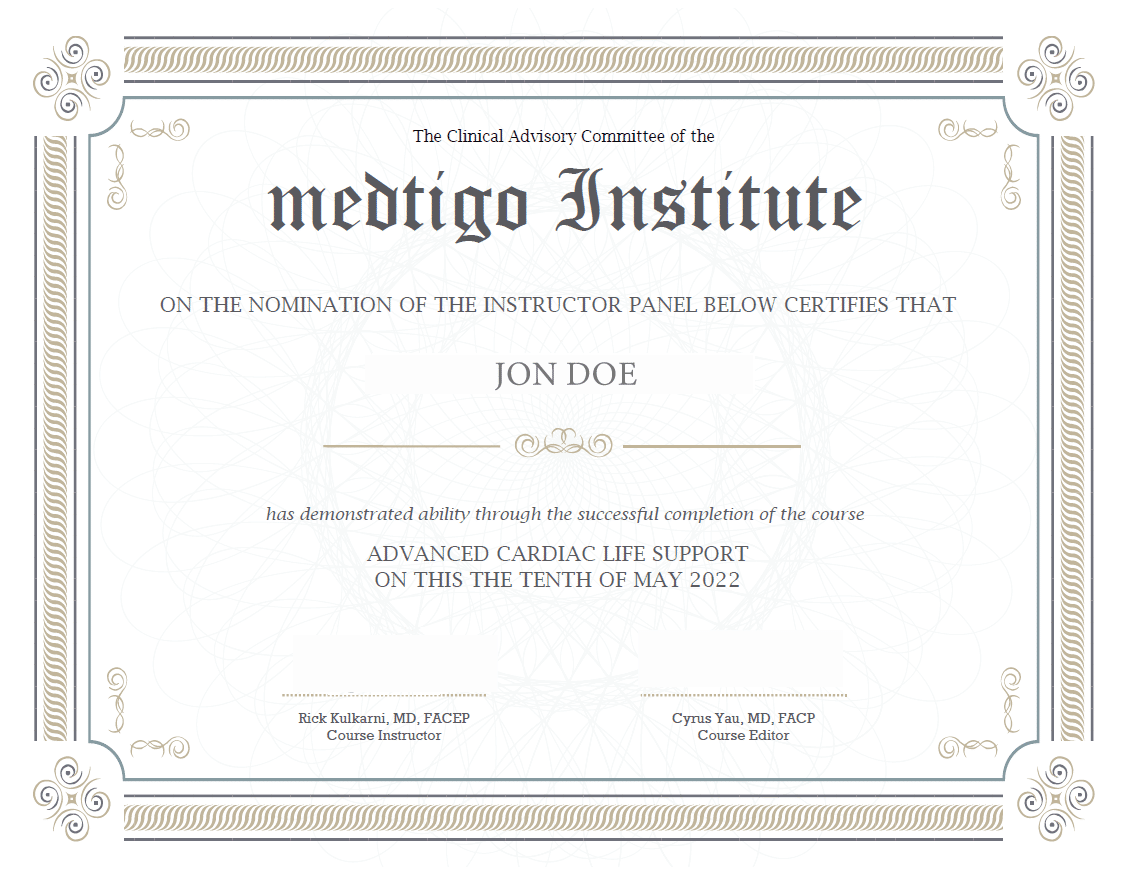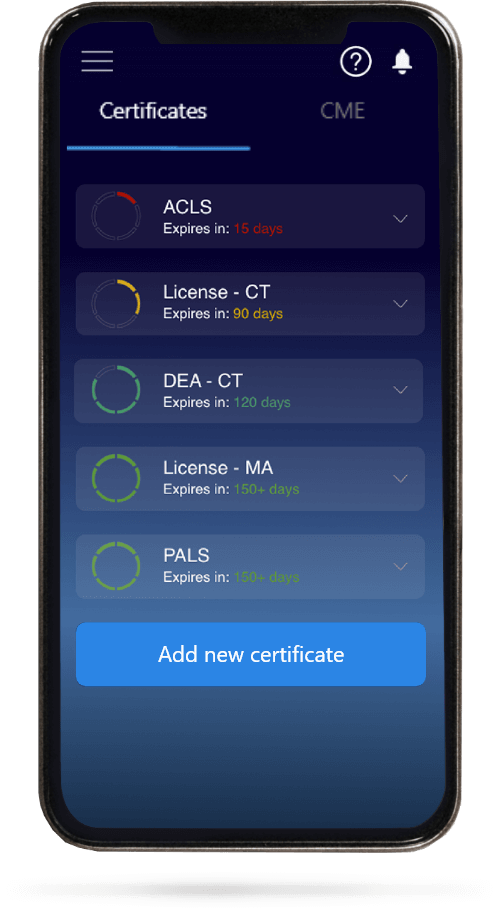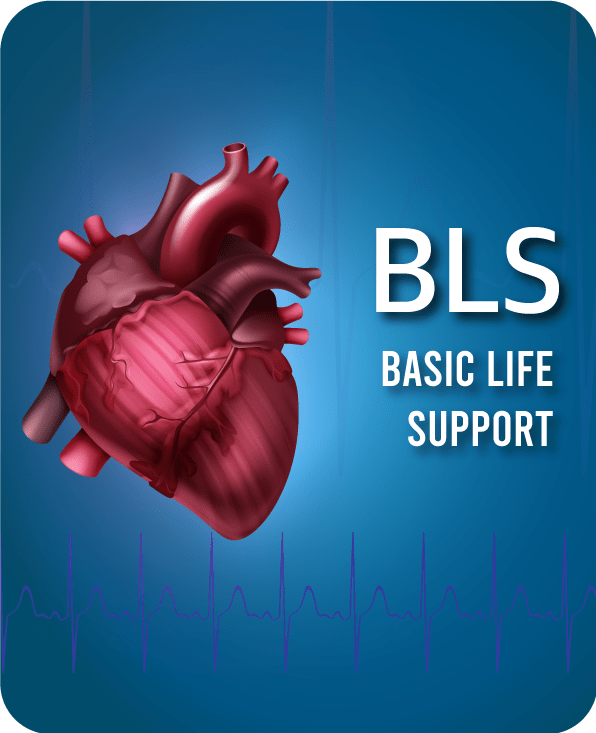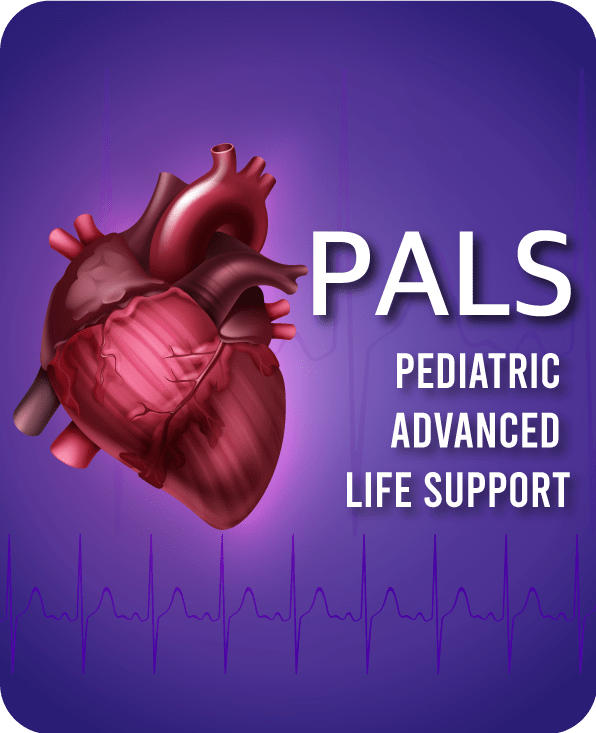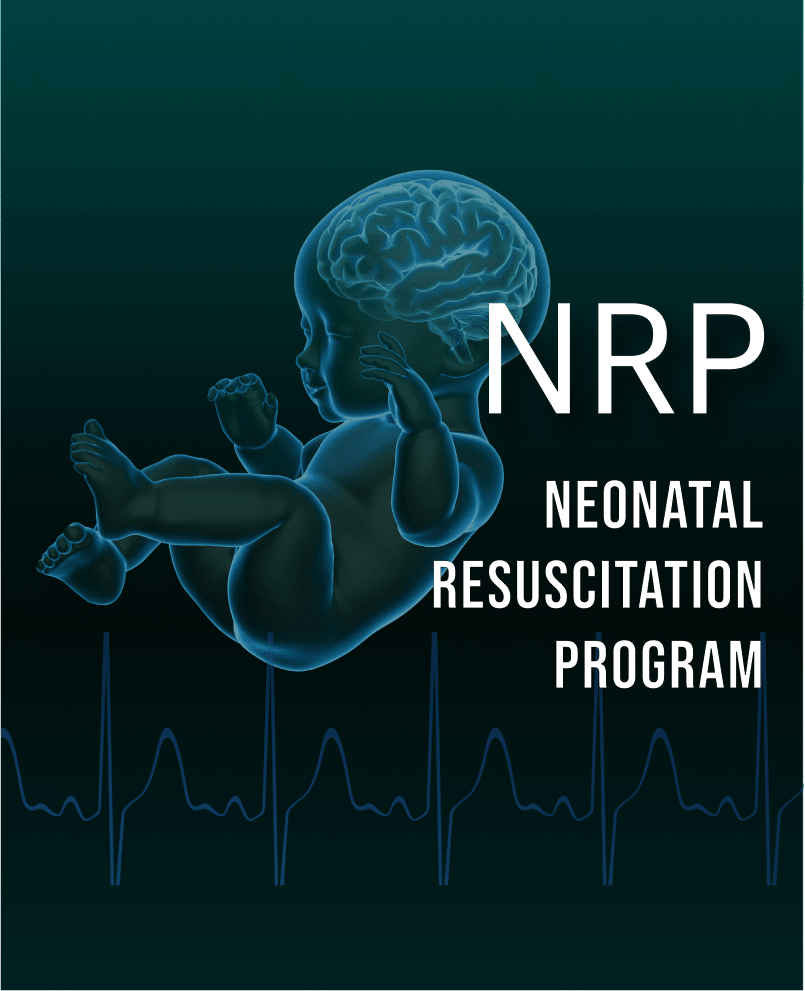A recent study published in Frontiers in Nutrition has revealed a potential link between elevated consumption of added sugars and the risk of developing kidney stones. Kidney stones affect a significant percentage of the population, with prevalence rates varying across regions.
In North America, between 7% and 15% of people suffer from kidney stones, while in Europe, the prevalence is between 5% and 9%, and in Asia, it ranges from 1% to 5%. The condition is characterized by severe pain, nausea, vomiting, fever, chills, and bloody urine, and it can lead to long-term complications such as infections, swollen kidneys (hydronephrosis), renal insufficiency, and end-stage renal disease.
Known risk factors for kidney stones include being an adult male, obesity, chronic diarrhea, dehydration, and having inflammatory bowel disease, diabetes, or gout. Now, the study conducted by researchers at the Affiliated Hospital of North Sichuan Medical College in China indicates that increased consumption of added sugars should be added to the list of risk factors for kidney stones.
Added sugars are commonly found in many processed foods and beverages, but they are particularly abundant in sugar-sweetened sodas, fruit drinks, candy, ice cream, cakes, and cookies. Dr. Shan Yin, the lead author of the study, highlights the significance of their findings: “Ours is the first study to report an association between added sugar consumption and kidney stones. It suggests that limiting added sugar intake may help to prevent the formation of kidney stones.”
The research analyzed epidemiological data from the US National Health and Nutrition Examination Survey (NHANES) on 28,303 adult women and men, collected between 2007 to 2018. Participants self-reported whether they had a history of kidney stones, and their daily intake of added sugars was estimated based on their recall of the most recent consumption of food and drinks. The researchers also calculated a healthy eating index score (HEI-2015) for each participant, summarizing their diet in terms of beneficial components like fruits, vegetables, and whole grains, as well as moderation of potentially harmful foods like refined grains, sodium, and saturated fats.
Adjusting for various factors, such as gender, age, race or ethnicity, income, body mass index (BMI), smoking status, and history of diabetes, the study found a positive and consistent correlation between the percentage of energy intake from added sugars and the risk of kidney stones. Participants with a higher intake of added sugars at the beginning of the study had a higher prevalence of kidney stones, lower HEI scores, and lower education levels. On average, the participants’ daily intake of added sugars was 272.1 calories, constituting 13.2% of their total daily energy intake.
The results showed that individuals with a higher intake of added sugars had greater odds of developing kidney stones during the study. For instance, those whose intake of added sugars ranked among the 25% highest in the population had a 39% greater risk of kidney stones. Similarly, individuals who derived more than 25% of their total energy from added sugars had an 88% higher risk compared to those who derived less than 5% of their total energy from added sugars.
The study also revealed variations among different ethnicities and income levels. People from “other” ethnicities, such as Native American or Asian individuals, showed higher odds of developing kidney stones with higher-than-average consumption of added sugars compared to Mexican American, other Hispanic, non-Hispanic white, and non-Hispanic Black individuals. Similarly, individuals with a higher poverty-income ratio (PIR) had greater odds of developing kidney stones with higher consumption of added sugars compared to those at or slightly above the poverty level.
The findings of this research suggest that reducing added sugar intake could be a beneficial strategy in preventing the formation of kidney stones. It provides valuable insights into the relationship between diet and kidney stone risk, potentially leading to improved dietary recommendations and preventive measures for individuals at risk. Kidney stones are a significant health concern, and understanding the role of added sugars in their development can contribute to better management and public health initiatives to reduce their impact on populations worldwide.






